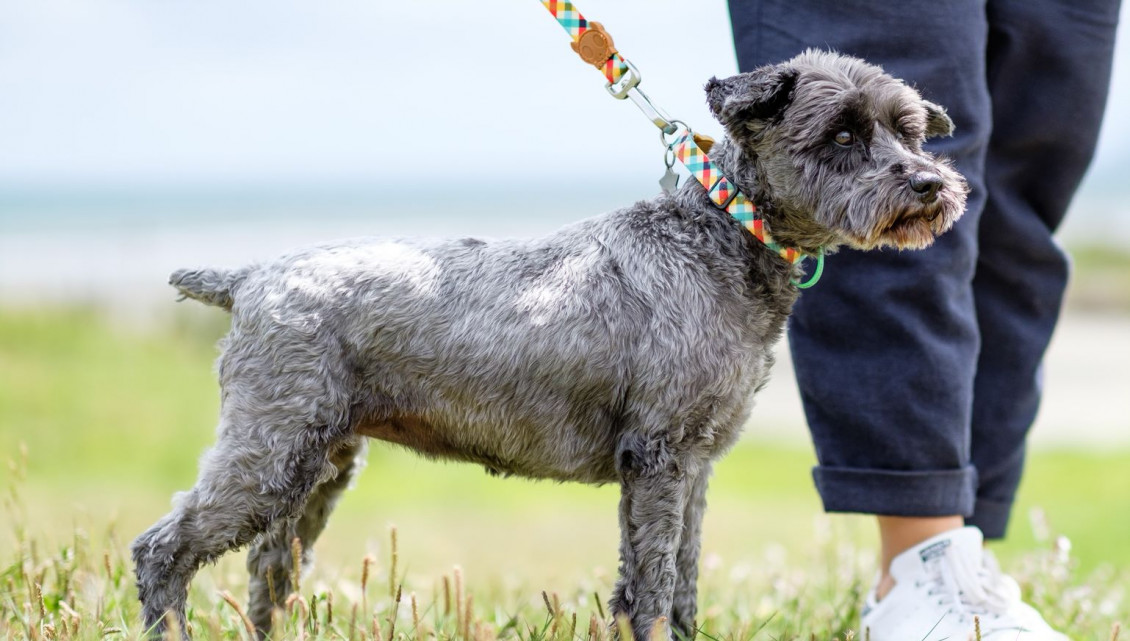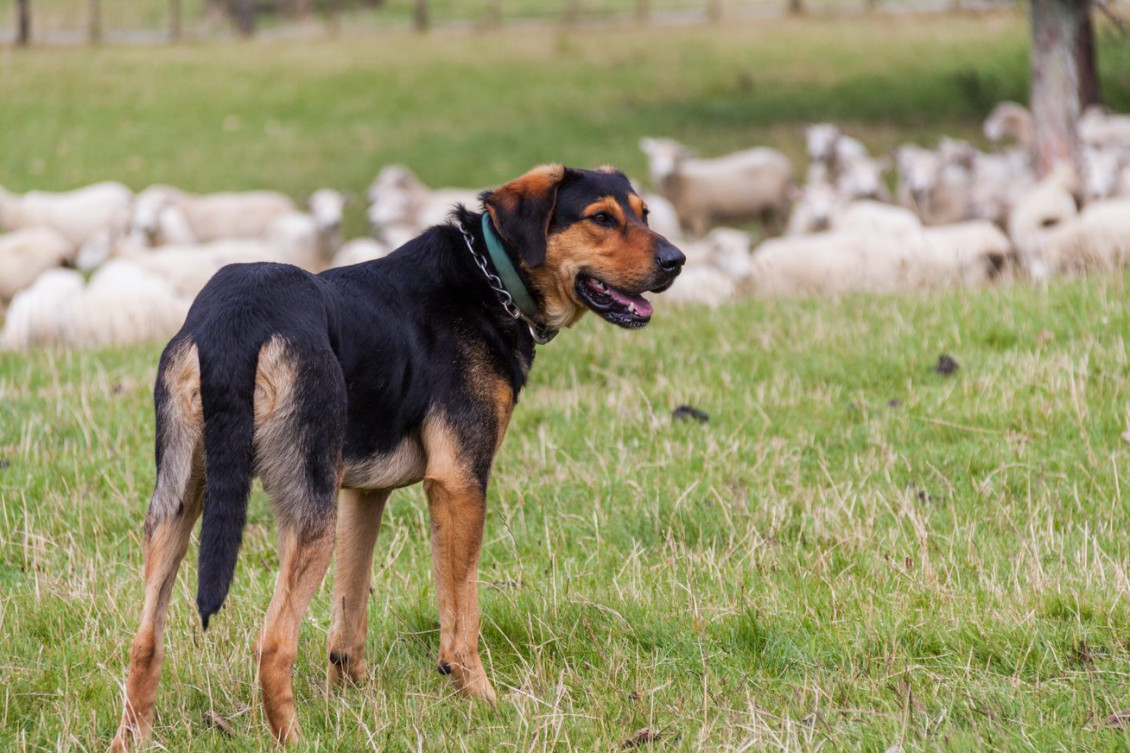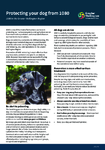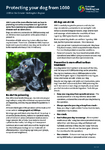WARNING – 1080 possum carcasses, Ōrongorongo River
23 September 2025 – Heavy rain overnight may have washed possum carcasses, poisoned with 1080, down the Ōrongorongo River following the recent 1080 operation in the Wainuiomata-Ōrongorongo Forest. We urge dog owners to keep their dogs away from the Ōrongorongo River and Wainuiomata Beach until council staff have checked for, and removed, dead possums poisoned with 1080. People are not at risk from poisoned carcasses.
This warning may be in place for up to four months.


If you’re a dog owner or walker, it’s good to know the risks that you might come across in our region’s outdoor spaces, and how you can prepare for them. Even the most well trained dog is likely to scavenge, or could eat something that might harm them.
We take risks to dogs very seriously, so we have put together some tips and resources you can use to keep your dog safe in our region’s parks, reserves and waterways.
For information on dog owner responsibilities, public exercise spaces, lost and impounded dogs, and reporting dog attacks, please contact your local council.
Resources
Read our advice on keeping their dogs safe during, and following, any 1080 operations in the Greater Wellington Region.
Protecting your dog from 1080

1080 is one of the most effective tools we have in protecting our native ecosystems and agriculture sector from mammalian predators and associated diseases such as bovine tuberculosis.
Dogs are extremely…
Read more here

date_range Published 11 Nov 2021
Download now (PDF 1.2 MB) get_appRead our information on how to spot toxic algae, and keeping your dog safe.
Get in touch
- Phone:
- 0800496734
- Email:
- info@gw.govt.nz

